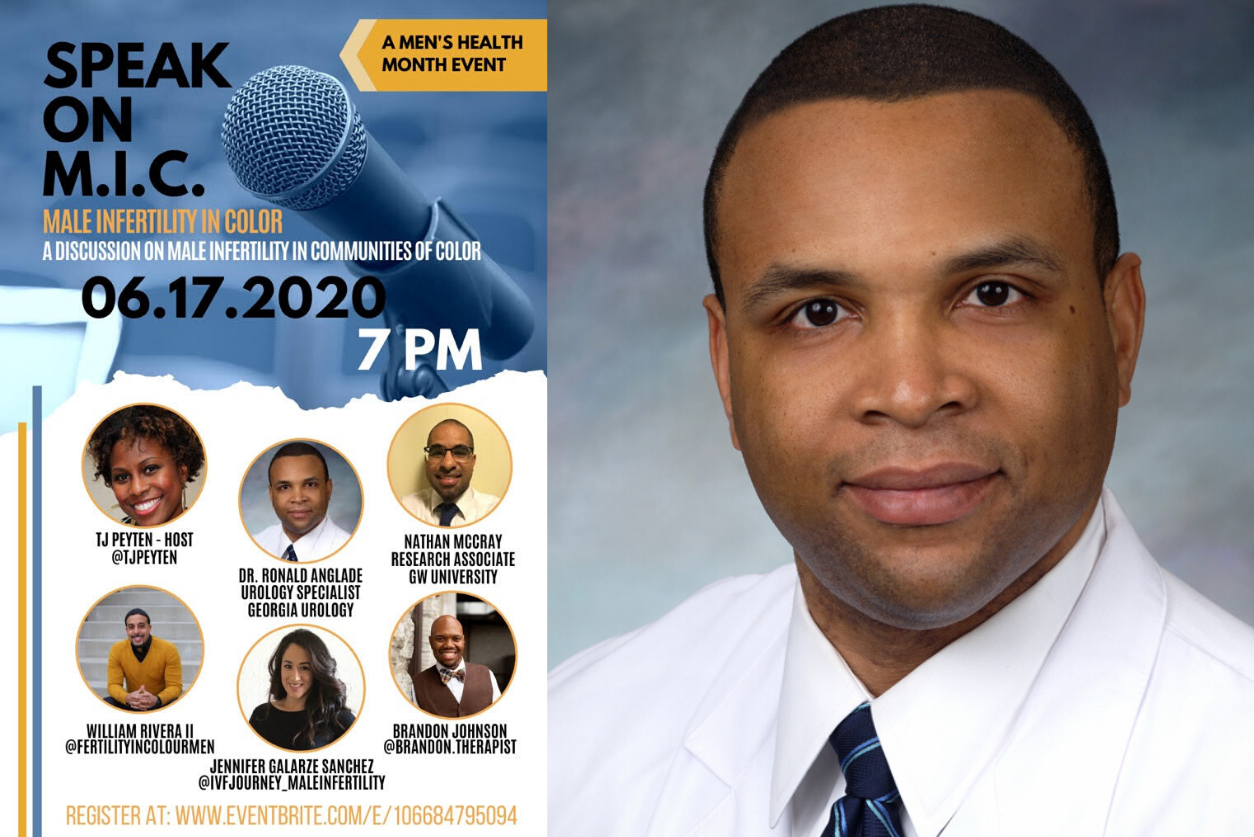Finding Hope for Fatherhood Beyond the Most Devastating Infertility Diagnosis
As a fellowship-trained urologist, I have seen many couples struggle with infertility. One of the biggest misconceptions is that infertility is primarily a women’s issue and that men don’t need to worry about their reproductive health. In fact, male infertility is the sole cause or a contributing factor in about 50% of infertility cases. That’s why it’s important for men to take an active role in their reproductive health, and to seek urological care if they have any fertility concerns.
There are a variety of conditions that can contribute to male infertility, including low sperm count, poor sperm motility, and abnormal sperm shape. While these conditions are common, there are wide range of treatments available. Less commonly, men may suffer from Azoospermia, a condition where no sperm is present in the semen, affecting about 1% of all men and 15% of infertile men. Although it is a far more devastating condition, I want to offer hope and reassurance that there are options available for men even with these conditions.
Men with Azoospermia are often told that there is no hope for biological children, and this can be an incredibly difficult reality to face. However, this is certainly not true. While this condition is challenging, there are solutions available. In many cases, patients can undergo a diagnostic procedure under local anesthesia called Testicular (FNA) Mapping. This innovative approach uses a fine needle aspiration technique to create a ‘map’ or ‘grid’ of each testicle in order to identify areas where sperm may be present. If sperm is found, it can then be retrieved from the testicles with another procedure, and used for in vitro fertilization (IVF) with intracytoplasmic sperm injections (ICSI). This procedure is a great alternative to an upfront microTESE for many couples as it is minimally invasive and cost-effective.
I’ve had the privilege of working with several patients who have had success with testicular mapping and sperm retrieval. For these men, it has been life-changing to learn that they have options for biological children even after being told by other doctors that there was no hope. It’s important for men with Azoospermia to know that they do not have to give up on their dreams of fatherhood.By working with a skilled urologist and exploring all options, men can find hope and solutions.
- One patient, John*, had been told by multiple doctors that he would never be able to have biological children due to his Azoospermia. However, after coming to our clinic, we were able to perform testicular mapping and retrieve viable sperm, which were used for IVF with ICSI. John and his wife now have a healthy baby girl.
- Another patient, Mike*, had been diagnosed with non-obstructive Azoospermia and had been told that he would never be able to have biological children. However, after undergoing testicular mapping, we were able to retrieve enough viable sperm for multiple IVF cycles. Mike and his wife now have a son and are considering trying for another child.
I want to emphasize that every case is unique, not all men with Azoospermia will be ideal candidates for testicular mapping. However, for those who are, it can be a game-changer. And even for men who may not be able to retrieve viable sperm, there are still other options available, such as using donor sperm or adoption.
The bottom line is: men should not give up hope regardless of an infertility diagnosis. Consulting with a urologist is a crucial step in seeking treatment. By receiving a diagnosis, men can explore the wide range of innovative treatments available. Working with a skilled urologist allows men to weigh their options and make informed decisions about their reproductive health. To make an appointment with a Georgia Urology urologist visit GaUrology.com
*Names have been changed to protect patient privacy.






